 Public interest in immune system health continues to increase, with online searches for infections, viruses, allergies, coughs, fever, and headaches coming up among the top health-related inquiries.
Public interest in immune system health continues to increase, with online searches for infections, viruses, allergies, coughs, fever, and headaches coming up among the top health-related inquiries.
Recent discoveries in the field of immunity have shed new light on how individuals can boost their immune system to achieve greater resilience against illnesses.
Research news published in several journals highlight the importance of specific nutrients — Calcium, magnesium, vitamin D, and zinc — in enhancing immune function.
Calcium: Beyond Bone Health
Traditionally celebrated for its role in building strong bones and teeth, calcium is now recognized for its immune-boosting properties. A study published in Frontiers in Immunology revealed that calcium plays a critical role in activating immune cells. These cells are essential for identifying and eliminating pathogens. A pathogen is any organism that causes disease, like a bacteria or virus.
Magnesium: The Silent Immune Modulator
Magnesium, often dubbed the “forgotten mineral,” is vital for numerous physiological functions, including immune response regulation. Research in immunological journals has discovered that magnesium deficiency can impair the function of T cells, which are crucial for adaptive immunity. Adaptive immunity occurs when someone’s immune system has a response to a substance or to fungus or bacteria. Ensuring adequate magnesium intake can help maintain a balanced immune response, reducing the risk of infections and autoimmune diseases.
Vitamin D: The Immune System’s Best Friend
Vitamin D, widely known for its role in bone health and mood regulation, has emerged as a key player in immune health. According to a comprehensive review in the Journal “Nutrients” vitamin D enhances the pathogen-fighting effects of monocytes and macrophages – those white blood cells that are important parts of our immune defense.
Vitamin D cell receptors are found on most cells of the immune system. A receptor is a part of a cell that receives and responds to a substance, so immune cells need vitamin D to function. Vitamin D supports healthy bones, reduces diabetes risk, strengthens the immune system, remedies insomnia, soothes skin conditions, and reduces inflammation.
Zinc: The Gatekeeper of Immune Function
Zinc is essential for maintaining the integrity and function of the immune system. Zinc has been used since ancient times to help heal wounds and low levels of zinc can increase the risk of infections. It is a well-known remedy for reducing the duration of the common cold. People with low zinc levels have less infection-fighting immune cells and their thymus gland (in which these immune cells develop), is smaller. When given extra zinc, their thymus grows and starts pumping out greater immunity.
A Combined Approach to Immune Health
Combining these nutrients through a balanced diet or appropriate supplementation can synergistically enhance immune function. Foods rich in these nutrients include leafy greens, nuts, seeds, eggs, beans, salmon, sardines, dairy, whole grains and shell fish. In addition to dietary sources, targeted supplements can be beneficial, especially for individuals with specific deficiencies or increased nutritional needs.
Conclusion
New research continues to unravel the complexities of the immune system, but the foundational nutrients for keeping it strong remain in place. Incorporating key nutritional elements like calcium, magnesium, vitamin D, and zinc into our daily lives, in the form of foods or supplements, is good advice for staying strong, healthy, and resistant to infection.
This health news is provided by Nutrition Breakthroughs, maker of Sleep Minerals II. Sleep Minerals II is a unique softgel supplement featuring highly absorbable forms of calcium, magnesium, vitamin D, and zinc. Not only the best minerals and vitamins for strengthening immune function, but also for helping with falling asleep and staying asleep through the night. Visit the Sleep Minerals II page for more info.




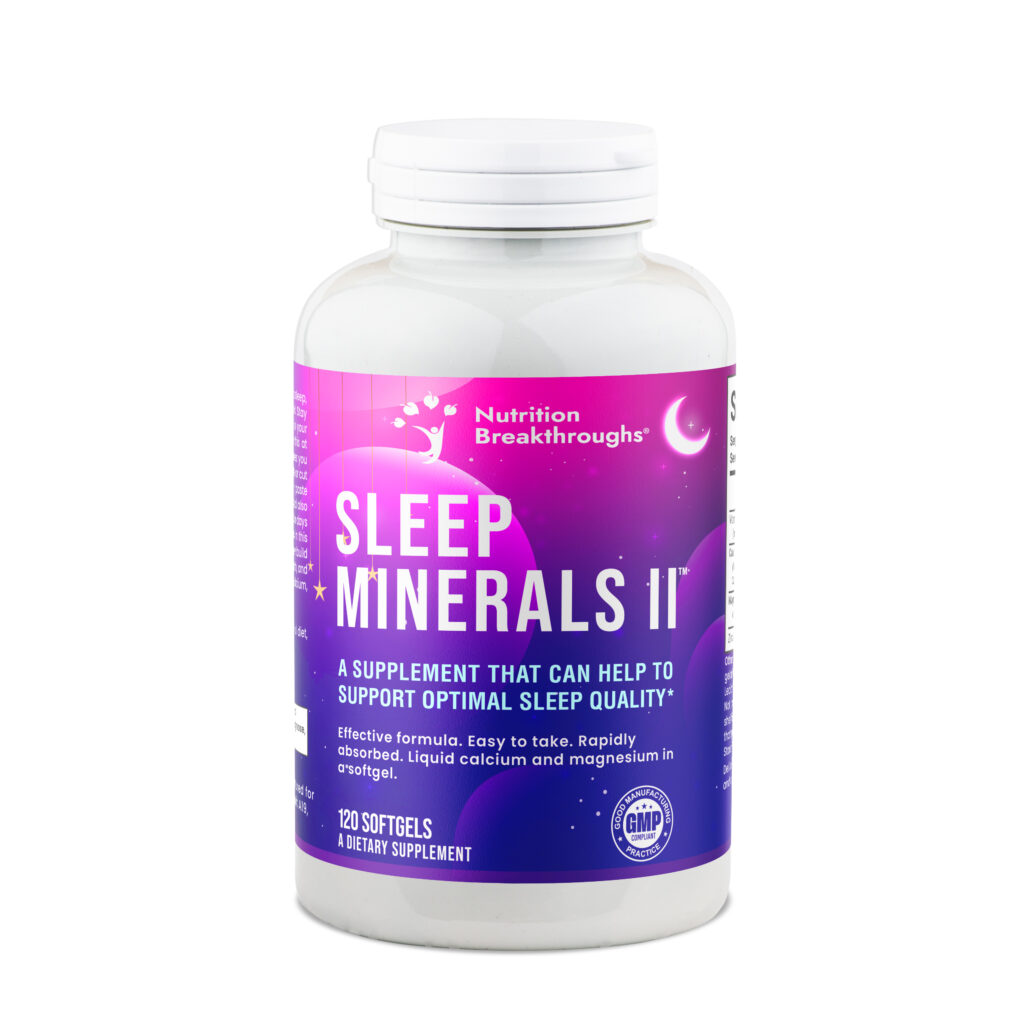
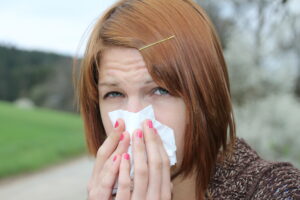


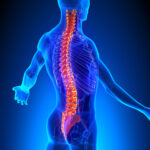

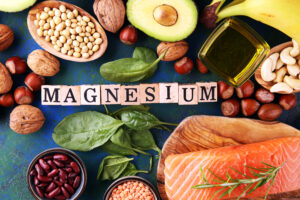



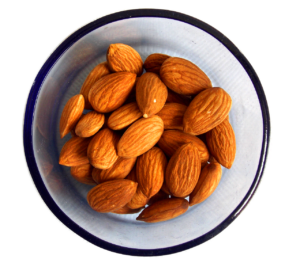

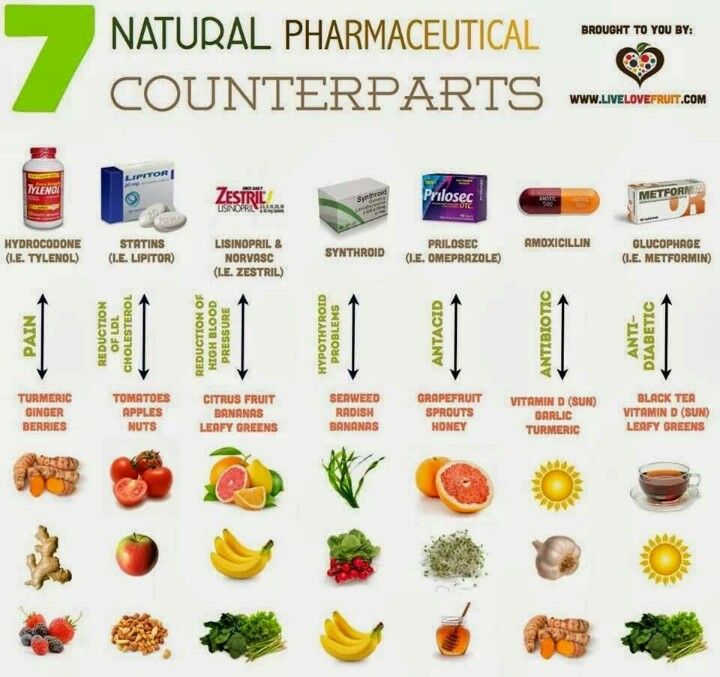 Chart shared by courtesy of
Chart shared by courtesy of 
